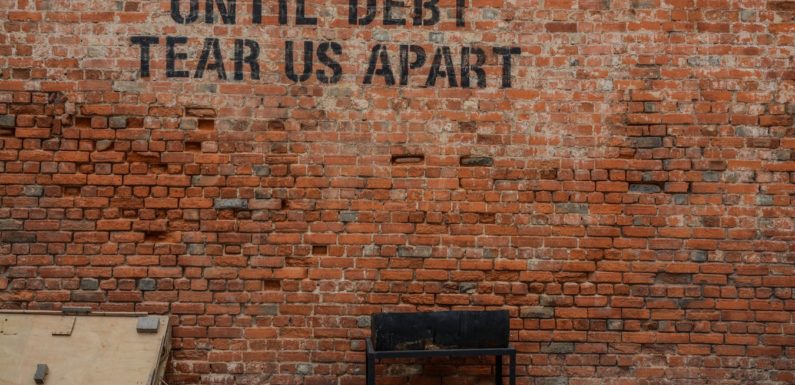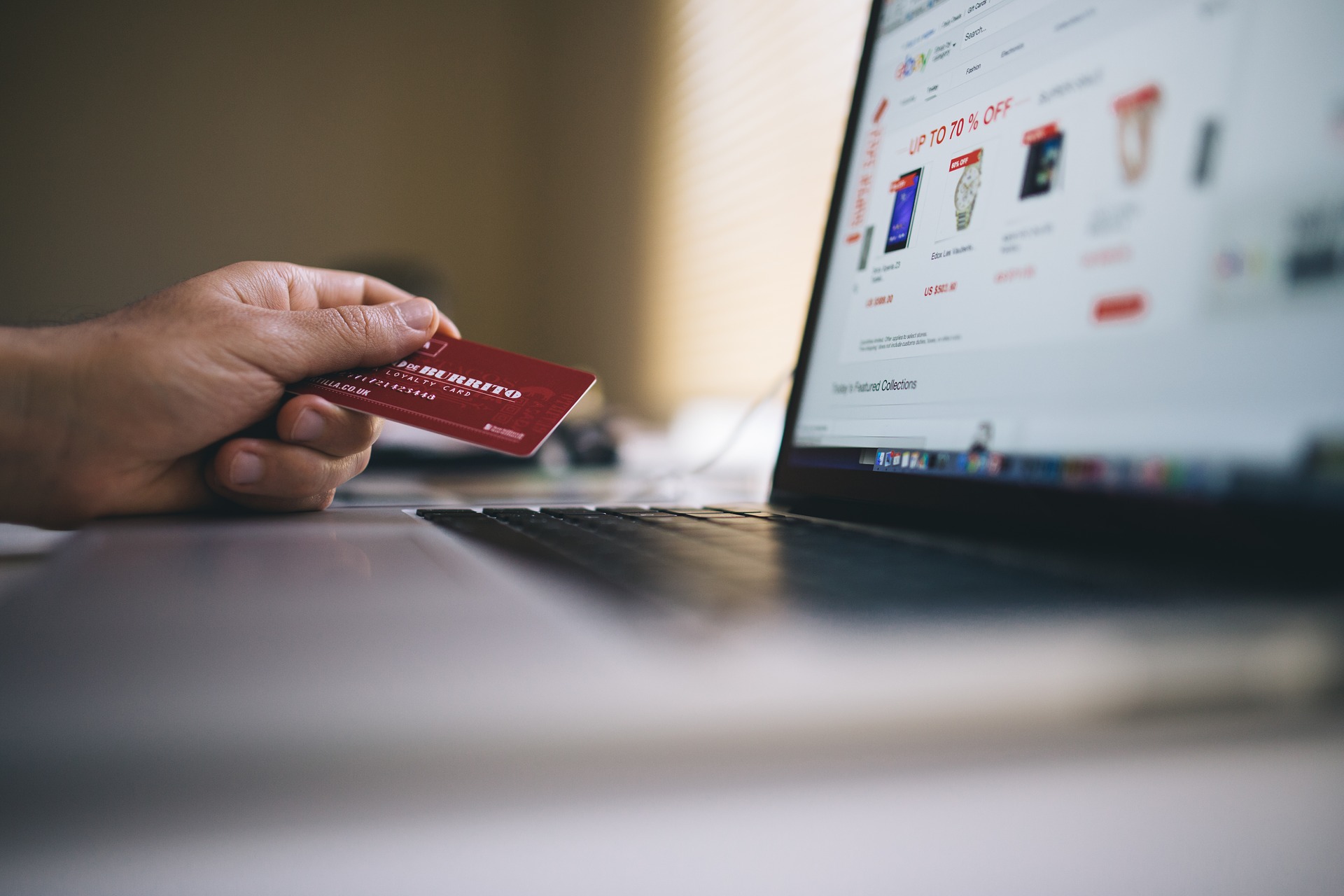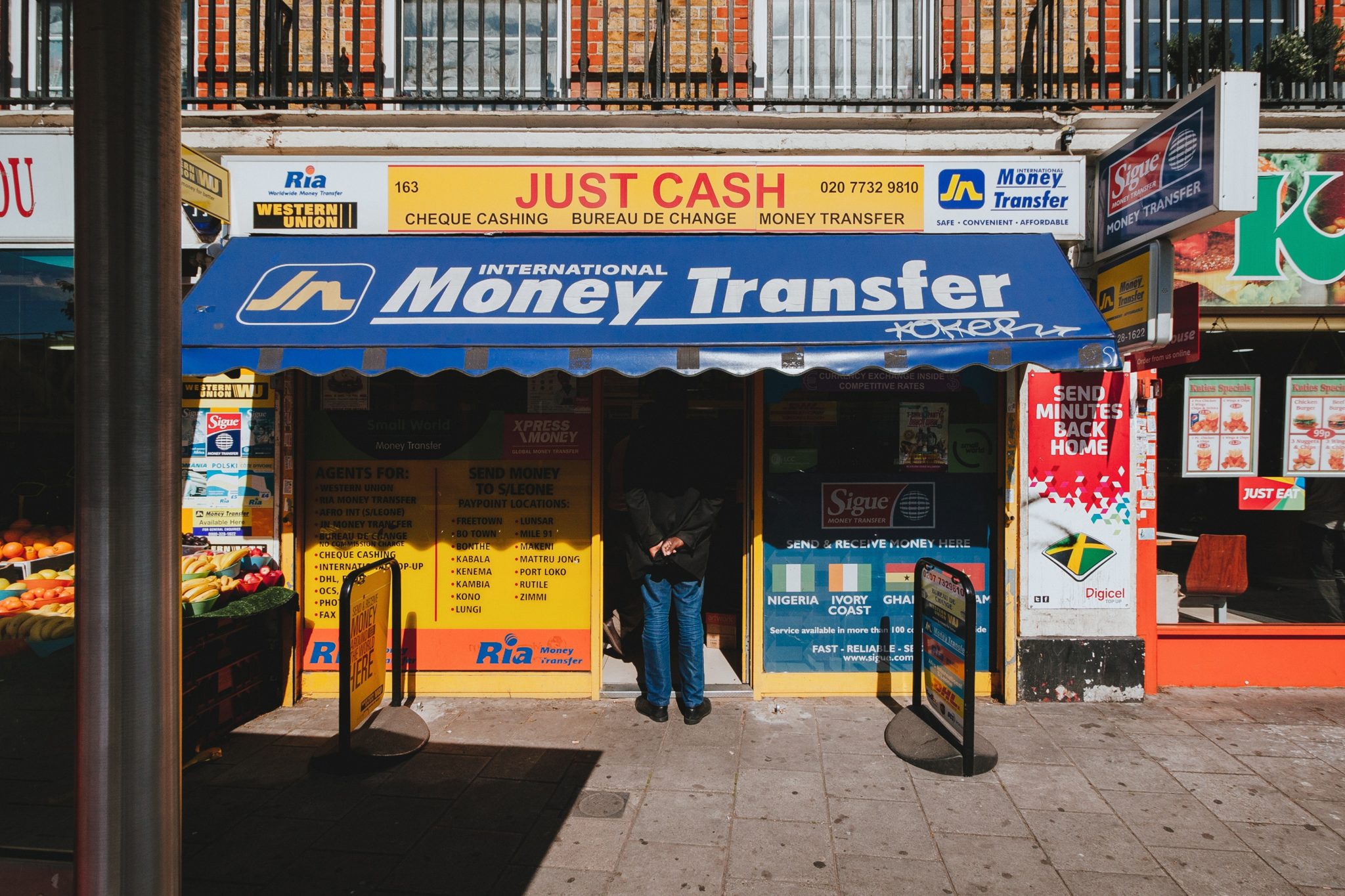
What’s worse than paying monthly bills and loans? A pile of penalty fees and unending cycle of consumer debt, which result from not paying them.
Surely, you’re aware that not paying your debts lead to nowhere but a bigger financial disaster. But do you know the exact actions your lender could take when you skip your payments?
Below are 5 common types of consumer debt and what to expect if you hide from them.
1. Mortgage
A mortgage is a loan used by individuals and businesses to make real estate purchases without paying the entire value upfront. In mortgage, the property or real estate is used as collateral.
If you use a mortgage to purchase your dream home and you default, your beloved home is at stake here. A single missed monthly payment may cause your lender to begin the foreclosure process immediately which is the last thing you’d want to happen. The case depends on the lender because there are lenders who give you 90-120 days to settle before they start the process. As expected, you’ll have to pay the hefty late fees.
The late payment will reflect on your credit report, dropping your credit rating. However, there’s still hope. Kevin Gallegos, vice president of the Phoenix Operations with Freedom Financial Network says that the majority of lenders won’t report your late monthly payment to the credit bureaus until it’s been 30 days late.
2. Credit card
 Just like a late mortgage payment, your creditor will report your missed payment to the credit bureaus if it’s already 30 days late, which will hurt your credit score big time. You’ll also have to pay the $15 late fee which can go up to $35 if you’ve been failing on payments for the past six months.
Just like a late mortgage payment, your creditor will report your missed payment to the credit bureaus if it’s already 30 days late, which will hurt your credit score big time. You’ll also have to pay the $15 late fee which can go up to $35 if you’ve been failing on payments for the past six months.
If you miss two payments, your interest rate may increase and you won’t be able to reap your credit card privileges including promotional rates on purchases, balance transfers, and rewards until you catch up.
3. Car loan
Charging late fees, increasing your interest rate, and reporting your late payment to the credit bureaus after 30 days are just some of the actions the lender may take after you miss a single monthly payment on your car loan. Most lenders won’t repossess your vehicle immediately unless you fail to catch up.
Just keep in mind that not all lenders are the same. There are a lot of lenders who spare no mercy when it comes to missed car loan payments. According to National Foundation for Credit Counseling spokesperson Bruce McClary, some lenders will repossess your vehicle as soon as you miss a single monthly payment.
4. Unpaid Utility bills
The power won’t immediately shut down after you failed to pay a single monthly utility bill. You just have to pay the late fee. But if you miss more than one payment, you might have to celebrate the holidays in darkness as the service providers disconnect your access to their services. In addition to late fees, you’ll also have to pay to have your services brought back. Same goes with cable and mobile phone bills.
5. Payday Loan

A payday loan, also called a salary loan, payroll loan, or payday advance, is a small, short-term unsecured loan. These types of credit are attractive to consumers who are in dire need of cash. However, they have a bad reputation for extending extremely high interest rates for a short-term quick cash loan.
When you default on this cash loan, you can expect bank withdrawals, which can drain your bank account, debt collection calls, and in some cases, threats about wage garnishment and court summons.
What to do when you can’t pay your monthly bills
If you can’t afford to pay all of your bills, here are some tips:
1. Try to earn the money you need
Dump all the non-essentials like paid memberships and subscriptions. Refrain from eating out. Avoid the shopping malls. Sell pre-loved items and goods. Go to a pawnshop. Pick up a side job. Get some help from your family, friends, and your boss (advance from your salary). Do everything in your power to get cash and meet your deadline.
2. Prioritize
If you have more than one debt, decide which to pay ASAP and which to postpone. List down all your debts and make every effort to pay the lenders and creditors that are likely to report you to credit bureaus – car, mortgage, and credit card. Otherwise, your credit rating will be harmed.
Paying the secured loans as well as the highest-rate debt first, like your credit card debt, is another way to save your credit score and get your finances back on track.
3. Call your lender/s and negotiate
If plans A and B didn’t work, just be honest. Let your lenders know that it might be impossible for you to settle your monthly payment. Then, negotiate. Don’t hesitate to ask if they are willing to offer reduced or deferred payments, extended due date, and a late fee waiver. You are likely to get approved if you have a good credit score and you haven’t had a problem in the past.
